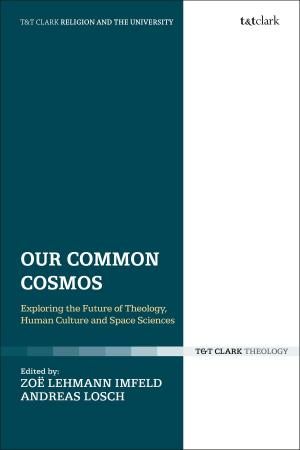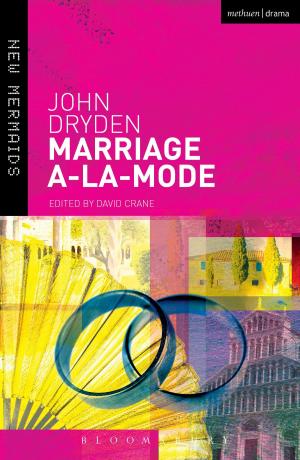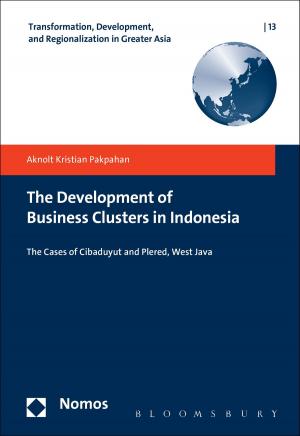Foucault's Philosophy of Art
A Genealogy of Modernity
Nonfiction, Religion & Spirituality, Philosophy, Aesthetics| Author: | Professor Joseph J. Tanke | ISBN: | 9781441166753 |
| Publisher: | Bloomsbury Publishing | Publication: | June 30, 2009 |
| Imprint: | Continuum | Language: | English |
| Author: | Professor Joseph J. Tanke |
| ISBN: | 9781441166753 |
| Publisher: | Bloomsbury Publishing |
| Publication: | June 30, 2009 |
| Imprint: | Continuum |
| Language: | English |
Foucault's Philosophy of Art: A Genealogy of Modernity tells the story of how art shed the tasks with which it had traditionally been charged in order to become modern. Joseph J. Tanke offers the first complete examination of Michel Foucault's reflections on visual art, tracing his thought as it engages with the work of visual artists from the seventeenth century to the contemporary period.
The book offers a concise and accessible introduction to Foucault's frequently anthologized, but rarely understood, analyses of Diego Velázquez's Las Meninas and René Magritte's Ceci n'est pas une pipe. On the basis of unpublished lecture courses and several un-translated analyses of visual art, Tanke reveals the uniquely genealogical character of Foucault's writings on visual culture, allowing for new readings of his major texts in the context of contemporary Continental philosophy, aesthetic and cultural theory. Ultimately Tanke demonstrates how Foucault provides philosophy and contemporary criticism with the means for determining a conception of modern art.
Foucault's Philosophy of Art: A Genealogy of Modernity tells the story of how art shed the tasks with which it had traditionally been charged in order to become modern. Joseph J. Tanke offers the first complete examination of Michel Foucault's reflections on visual art, tracing his thought as it engages with the work of visual artists from the seventeenth century to the contemporary period.
The book offers a concise and accessible introduction to Foucault's frequently anthologized, but rarely understood, analyses of Diego Velázquez's Las Meninas and René Magritte's Ceci n'est pas une pipe. On the basis of unpublished lecture courses and several un-translated analyses of visual art, Tanke reveals the uniquely genealogical character of Foucault's writings on visual culture, allowing for new readings of his major texts in the context of contemporary Continental philosophy, aesthetic and cultural theory. Ultimately Tanke demonstrates how Foucault provides philosophy and contemporary criticism with the means for determining a conception of modern art.















